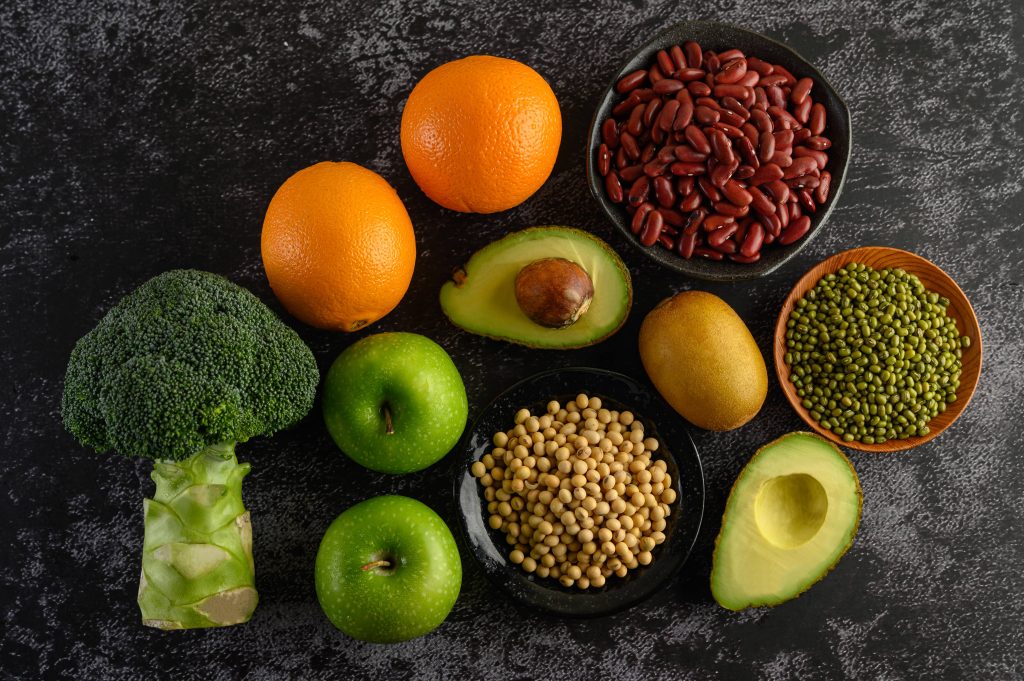
In recent years, the ketogenic diet, commonly known as the keto diet, has gained immense popularity as a weight loss strategy. This high-fat, low-carbohydrate diet promises rapid weight loss and improved health markers. But what exactly is the keto diet, and how does it work for effective weight loss? In this blog post, we will delve into the science behind the keto diet, its benefits, potential drawbacks, and tips for getting started.
What is the Keto Diet?
The ketogenic diet is a dietary approach that focuses on drastically reducing carbohydrate intake while increasing fat consumption. The typical macronutrient breakdown for a keto diet is approximately 70-75% fat, 20-25% protein, and 5-10% carbohydrates. This shift in macronutrient ratios forces the body to enter a metabolic state known as ketosis.
Understanding Ketosis
Ketosis is a natural metabolic state where the body, deprived of its primary energy source (glucose from carbohydrates), begins to burn fat for fuel. During ketosis, the liver converts fatty acids into molecules called ketones, which serve as an alternative energy source for the brain and body. This process not only aids in weight loss but also provides a steady supply of energy, reducing hunger and cravings.
Benefits of the Keto Diet for Weight Loss
1. Rapid Weight Loss: The initial phase of the keto diet often results in rapid weight loss due to the depletion of glycogen stores and water weight. As the body adapts to burning fat for fuel, weight loss continues at a steady pace.
2. Appetite Suppression: Ketones have been shown to suppress appetite, making it easier to consume fewer calories without feeling deprived. This natural reduction in calorie intake can lead to significant weight loss over time.
3. Improved Insulin Sensitivity: By reducing carbohydrate intake, the keto diet helps stabilize blood sugar levels and improve insulin sensitivity. This can be particularly beneficial for individuals with insulin resistance or type 2 diabetes.
4. Preservation of Lean Muscle Mass: Unlike many calorie-restricted diets, the keto diet helps preserve lean muscle mass while promoting fat loss. This is crucial for maintaining a healthy metabolism and achieving a toned physique.
Potential Drawbacks of the Keto Diet
1. Keto Flu: As the body transitions into ketosis, some individuals may experience flu-like symptoms, including fatigue, headache, and irritability. These symptoms, known as the “keto flu,” typically subside within a few days to a week.
2. Nutrient Deficiencies: The restrictive nature of the keto diet can lead to nutrient deficiencies if not carefully managed. It’s important to consume a variety of nutrient-dense foods and consider supplementation if necessary.
3. Digestive Issues: Some people may experience digestive issues, such as constipation or diarrhea, due to the high fat intake and reduced fiber consumption. Staying hydrated and incorporating fiber-rich, low-carb vegetables can help alleviate these issues.
4. Sustainability: The strict nature of the keto diet can make it challenging to maintain long-term. It’s important to find a balance that works for your lifestyle and health goals.
Tips for Getting Started on the Keto Diet
1. Educate Yourself: Before starting the keto diet, take the time to educate yourself about the principles of the diet, the foods to eat and avoid, and how to track your macronutrient intake.
2. Plan Your Meals: Planning your meals in advance can help you stay on track and ensure you’re meeting your macronutrient goals. Focus on whole, unprocessed foods such as meat, fish, eggs, dairy, nuts, seeds, and low-carb vegetables.
3. Stay Hydrated: Drinking plenty of water is essential on the keto diet, as it helps prevent dehydration and supports overall health. Aim for at least 8-10 glasses of water per day.
4. Monitor Your Progress: Keep track of your weight loss progress, energy levels, and overall well-being. This can help you make necessary adjustments to your diet and stay motivated.
5. Seek Support: Joining a keto community or working with a healthcare professional can provide valuable support and guidance as you navigate the diet.
Conclusion
The keto diet can be an effective tool for weight loss when approached with knowledge and planning. By understanding the science behind ketosis and the benefits and potential drawbacks of the diet, you can make informed decisions about whether the keto diet is right for you. Remember, the key to successful weight loss is finding a sustainable approach that aligns with your lifestyle and health goals.










